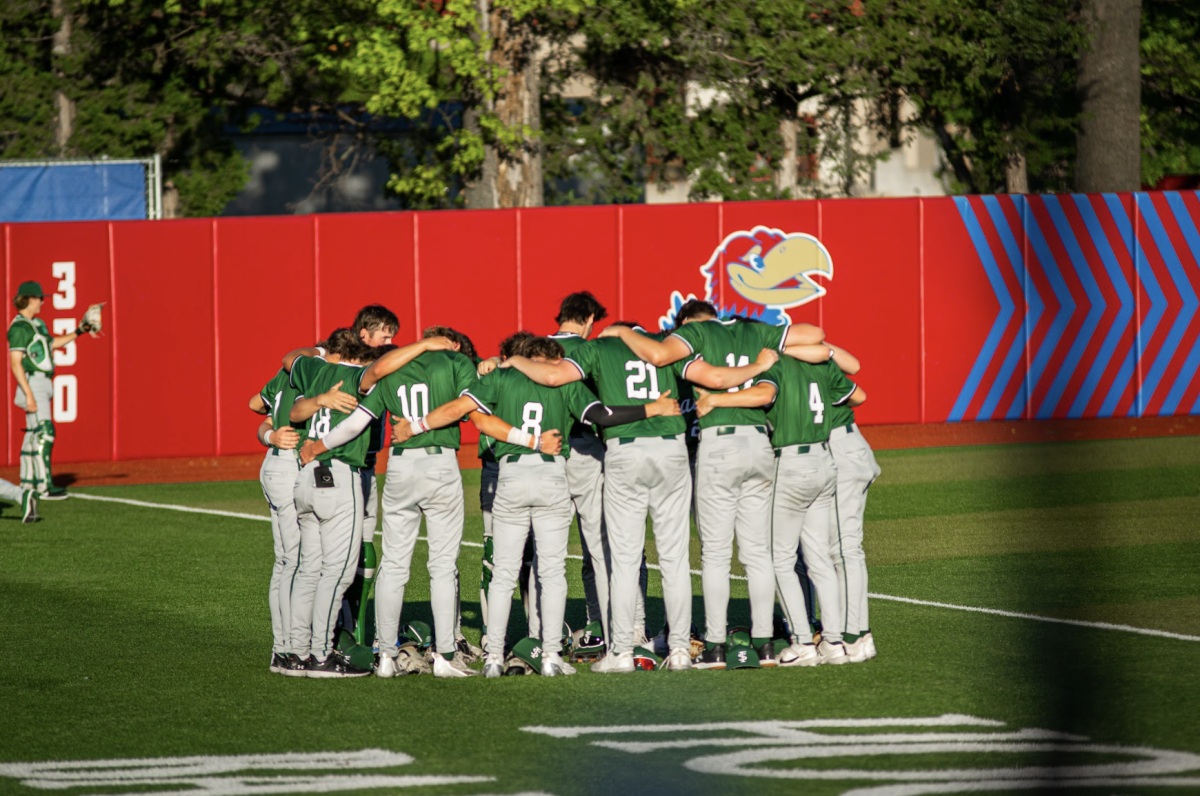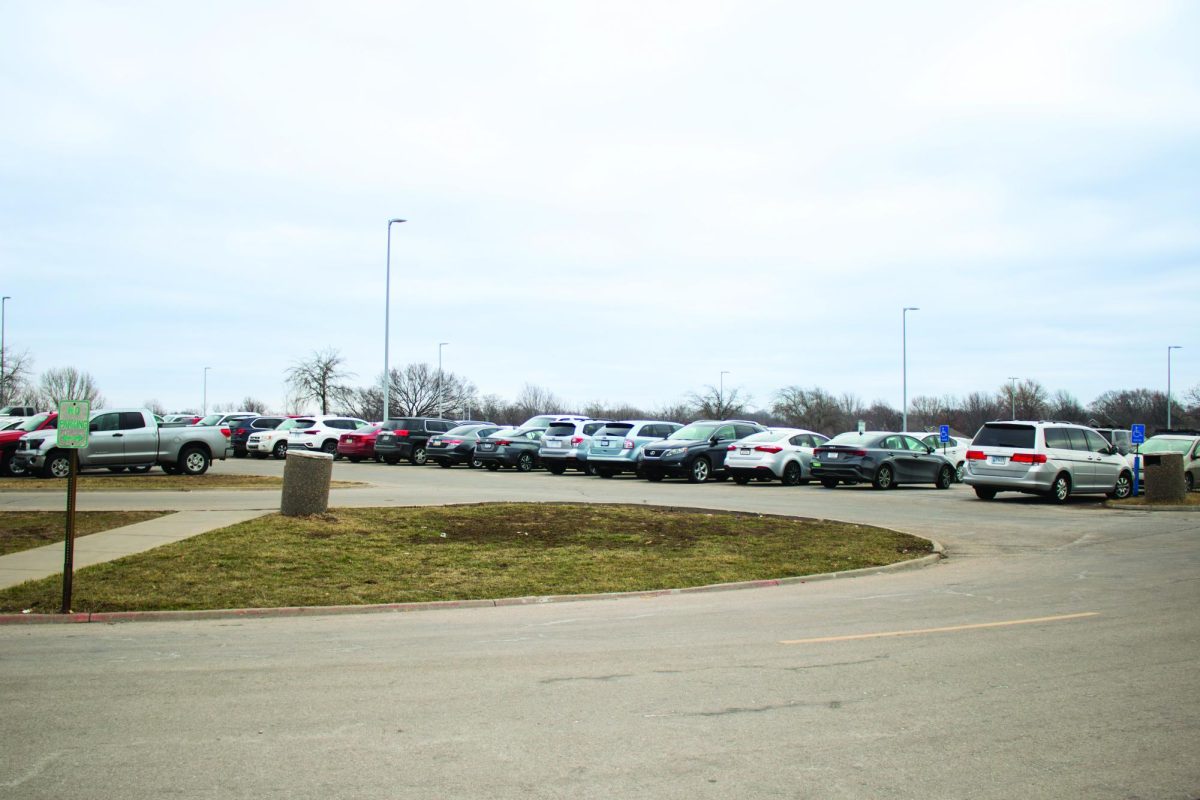With the administration’s implementation of a new tardy plan, it’s been necessary for students to adjust their habits in getting to school and from class-to-class.
The new tardy policy states that a student is marked tardy for up to the first 10 minutes of class, if you don’t show up to class after 15 minutes you are automatically marked absent. However, if you arrive at class after 15 minutes you are given an unexcused tardy.
Students are not punished for their first tardy, but after they receive their second and third, administration contacts parents. At a student’s fourth tardy they are required to serve a detention. Once a student reaches five or more tardies, administration forms a student success plan to keep the student in class.
Administration put the policy in place to prevent attendance problems the school has experienced in recent years. Attendance administrator Ana Tuicakau said the tardy policy is to keep students in class rather than wandering the halls.
“The goal is to just have everyone present in class so everybody’s around to learn and nobody’s behind,” Tuicakau said.
However, for students traveling the long distances between classes in the crowded halls, it can be very difficult to get to their next hour on time within the allotted four minute passing periods. Some students, like sophomore Nathan Kramer, traveling across the entire distance of multiple hallways, find themselves late to class everyday.
“If I did have a teacher that was more strict with the tardy policy, I would have so many lunch detentions at this point,” Kramer said.
Students are expected to arrive on time to class regardless of how far their previous class is. The way teacher’s have enforced the policy has varied with some teacher’s noting a student as tardy only at 10 minutes and some making students walk to the office to get a pass as soon as they’re late.
“It caused me a lot of stress when I first heard about it, because I was like, ‘I’m not a bad student, I just happened to be late,’” senior Ava Ayala said.
To prevent the repercussions of tardies, students have had to be careful in what they do during the four minute passing periods. Students like junior Brylee Burns have stopped traveling for lunches to avoid being late back. Junior Alyssa McCoy said she now has to pack up early to be at the front of the class when the bell rings, upsetting some teachers.
“Me and my friends have to rush more often,” McCoy said. “We don’t have time to talk in the hallways or, like, use the bathroom during passing.”
For some students, the new tardy policy has been a deterrent for going to class at all. For students like sophomore Kianna Roehrich-Harris, if the bell goes off before she reaches her class, she will not attend because she knows she will be marked either way.
“People just don’t want to go to class if they know they’re going to get detention,” Roehrich-Harris said.
Regardless of the reactions from some students, tardiness rates have gone down from the previous year. Since the tardy policy has been put in place, Tuicakau has noticed more parents calling in to excuse late students where before they would let their tardies collect.
“We’ve had a lot more progress,” Tuicakau said. “Now that teachers get to take track of [tardies], they’ve taken it more seriously so I’ve seen less traffic in my office.”






















![Monitoring the school, School Resource Officer Kasey Wiltz works in her office to help make Free State a safer place. Over the past four years as an SRO, Wiltz has discovered a passion for the work as well as the community. “Once I became a school resource officer, [I found my niche] and I didn't ever want to do anything different,” Wiltz said.](https://www.fsfreepressonline.com/wp-content/uploads/2025/03/Butler_2_11_2025_Casey-Wiltz-2-copy-1200x801.jpg)
